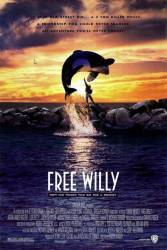
Question: In reality, do orcas actually understand English? Willy seems to understand Jesse when Jesse teaches him tricks.
Answer: Dogs can learn words up to the level of a 3 yr old, and whales are smarter than dogs, so definitely.
Dogs don't learn words, they start to recognize the sound that comes with a certain word like "stay" or "fetch", it's got more to do with the intonation than the actual word. They don't know what the word actually means. They can't imitate it nor can they recognize it in a sentence.

Question: Are the people present at the digging site when they're discussing new approaches to analyzing skeletons supposed to be paleontologists in dr. Grant's group? If so, why would they laugh at his musings of "how dinos learned how to fly"? And why would he have to explain it to them? Seemed to me like he is explaining very basic stuff to the people that would already know this (and of course, to the movie audience).
Answer: They are not paleontologists, just people interested in dinosaurs. It is common for museums and other scientific organizations to offer the general public an opportunity to participate in a real paleontology dig. For a fee, they become an exhibition team member for a period of time, learn about dinosaurs, help excavate fossils, and so on. This is likely how Dr. Grant (or his institution) supplements his research funding.
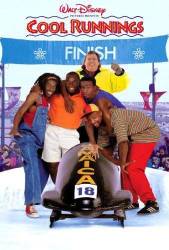
Question: Is it true that the Jamaica bobsled team performed poorly at first during training as shown in in the film?
Answer: The real Jamaican team performed poorly throughout the Olympics and did not finish.
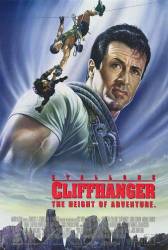
Question: Why was Hal mad and blamed Gabe for Sarah's death? It wasn't his fault. Also, how did Sarah get to that height at the beginning of the movie with no climbing experience? I mean, I can barely climb an indoor climbing wall, but she can climb a mountain like a walk in the park. (02:16:00 - 02:16:35)
Answer: There was no realistic reason. First, the steel buckle on the safety harness would never just bend and break like that. The accident was not Gabe's fault, but Hal is supposedly so angry and grief-stricken that he unfairly claims Gabe ignored his advice when rescuing her. The movie uses melodramatic plotting to contrive a conflict between the two men. It's also unrealistic that Sarah, an inexperienced climber, was able to make such a difficult climb, even with Hal's help. The movie had many plot holes.
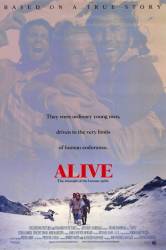
Question: I'm curious as to why Paéz is the narrator in the beginning and end of the film, when the movie focuses mainly on Canessa and Parrada as main characters. Almost all of the boys are alive today, and even if they weren't it is not Páez himself who is being interviewed but John Malcovich as Páez. So I'm still curious as to why they chose Páez instead of Parrado or Canessa, as they are both alive today.
Answer: Keeping in mind that some parts of the audience were not familiar with the details of this story, using Paez as the narrator retains some of the suspense of Canessa and Parredo's journey across the Andes. If the audience is not told at the start that they survive, at least some viewers may have considered that one of them may die during their trek to civilization.
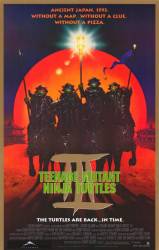
Question: Why does Mickey want to stay behind with Yoshi, at the end, when Raph has had the connection with him throughout the film?
Answer: Michelangelo wants to stay behind for the same reasons as Raphael: because in that time and place, they are well respected, even revered as heroes. They can live openly and not be banished to sewers or subway stations.
Mikey didn't want to stay behind because of Yoshi but because of Mitsu. Raphael even points out that she's the reason he doesn't want to return. When Mikey says they should stay, Raph responds, "Now, forget about Mitsu and give me the scepter."
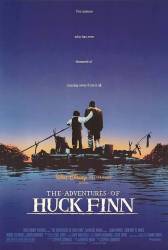
Question: In the last shot of the film, Huck runs off into the sunset. Where could he be running off to? Did he run to get on the steamer boat or did he just run anywhere he could be going to?
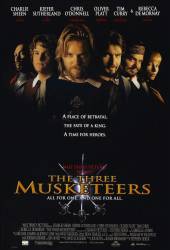
Question: Is D'Artangne's gold sword the same prop sword which Ignio Montoya used in The Princess Bride?
Answer: No. Inigo's sword has a jeweled hilt. D'Artagnan's is not jeweled.

Question: On IMDB it says in this film there are some INTENTIONAL continuity errors. Does anyone know any of the intentional errors, perhaps along with a timecode?
Chosen answer: The kid points them out in the film, in order to convince Arnold's character that he inhabits movieland. Also, after Arnold's character falls into the tar pit he is able to completely wipe himself clean, an obvious intentional continuity error.
Answer: While sounds and words can be used to alert orcas and dolphins, they recognize the hand signals and movements as to what to do.
LorgSkyegon